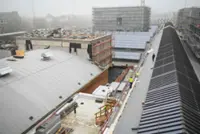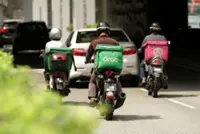The recent backlash against refugees and migrants in Malaysia has forced 12 refugee participants/speakers to pull out from the upcoming Refugee Fest 2020, which will be streamed online from July 4-10.
The main aim of the arts-based festival, organised by Beyond Borders Malaysia (an NGO that helps refugee communities) since 2015, is to build bridges between Malaysians and the different refugee communities here.
Already a subscriber? Log in
Save 30% OFF The Star Digital Access
Cancel anytime. Ad-free. Unlimited access with perks.





